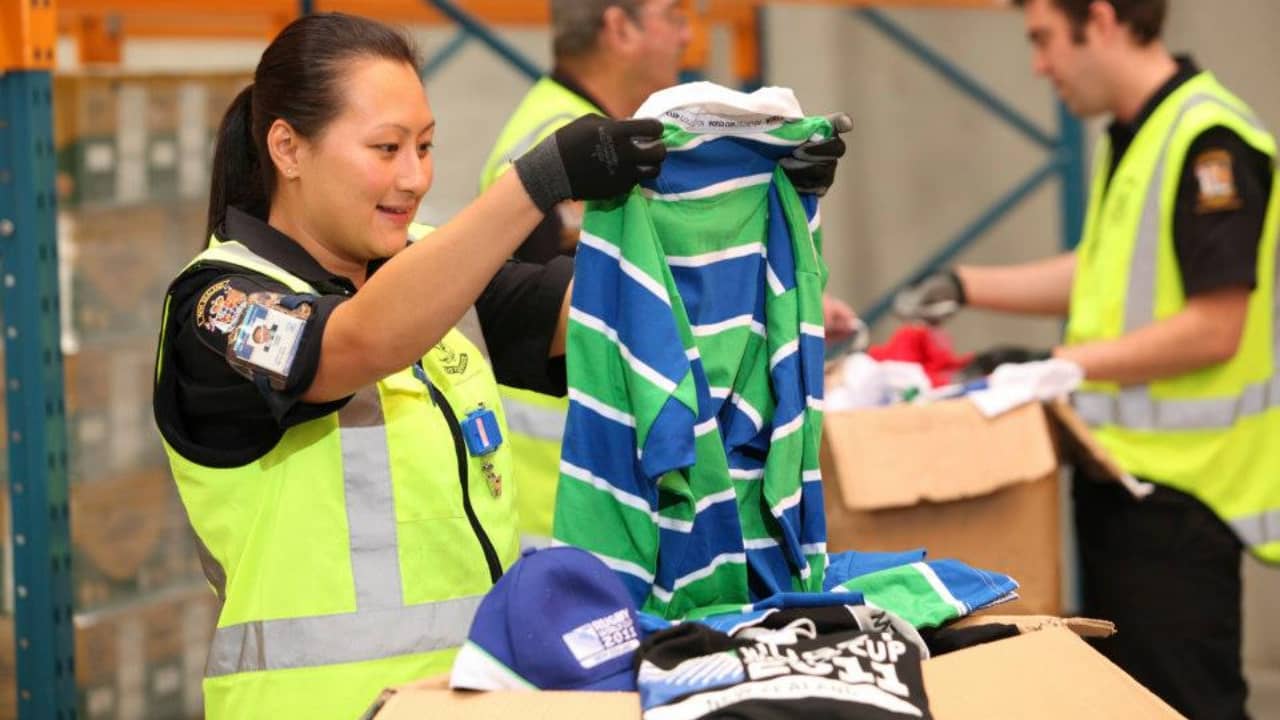
The Main Reason Your Shipment Could be Delayed
3-minute read
A number of CBAFF members have raised concerns recently about delays with New Zealand Customs releasing shipments.
MPI delays have been, and continue to be, an ongoing issue . To be fair, the Customs issue is a new phenomenon, but members are telling us it’s happening country-wide.
On occasions, NZ Customs client codes have been taking up to four days to process — whereas the 2-4% of shipments that are held used to be released in 12-24 hours. This is particularly difficult for new importers, who don’t yet have codes.
To give one example, one of our members contacted us to say they had enquired on a Friday about a shipment that had arrived on Tuesday and was told there were 200 jobs in the queue.
Efficiency of NZ Customs client code applications is very important. A lot of online purchasing decisions are made on speed above cost. 2016 research showed speed of delivery influences 87% of shoppers’ purchasing decisions.
Speed is an expectation nowadays and, with customers able to track their shipments, it’s hard to convince them the matter is beyond your control when the shipment has only taken 36-hours to reach our shores.
We also make it clear that the issues raised do not relate to the life or death clearance matters where NZ Customs response to a request for support is always with compassion and urgency.
Additionally, proposed changes to the Customs and Excise Act could require our sector to have all shipments cleared prior to a plane or ship arriving in the country.
To enable that we would expect a faster turnaround of our shipments at lodgement. If we are still waiting four or five days for an airfreight to clear, that will have a huge impact.
The ability to post audit shipments against the documents provided should mean that, unless there is a drug or prohibited import line of Customs interest, there is no reason for prolonged delays in Customs clearing commercial goods . It should be possible to manage this in a 24-hour period.
These delays put yet another pressure on the components in the supply chain — from carriers waiting to uplift freight through to the customers waiting for goods.
Lack of resources seems the likely reason. There were a number of voluntary redundancies/early retirements in Customs between 2012-2014, resulting in a lot of experience leaving the organisation.
However, that’s a few years ago now and, in the here and now, it is essential to have sufficient people in place who can make those informed decisions on releasing shipments and to provide the level of service New Zealand logistics expects.
To an extent, MPI delays are more understandable, because they are working to protect our borders from incursions which provide very immediate risks — the Queensland fruit fly and the Brown Marmorated Stink Bug among others.
MPI reports that it is currently meeting service level agreements 80% of the time, but that other 20% has a significant impact on our sector.
Automation is something we tend to take for granted in our fast evolving world until delays occur in the supply chain. Trusted Trader is a desired future concept which would hopefully reduce the level of intervention — but we are not there yet.
We are all under productivity pressures but, until proactive measures such as Trusted Trader are introduced, we must find ways to work together within the constraints of the current framework to ensure efficient passage of imports into New Zealand.
At the time of writing, Customs has provided us with information to show 99% of all entries clear within 30 minutes. They are investigating the reasons for the delays being experienced by industry in all areas of processing.
Source: NZ Shipping Gazette
We’d love to answer any of your questions! Contact us now
P.S. Do you know of other people that will find this article useful? Please share it on social media. Thank you!
